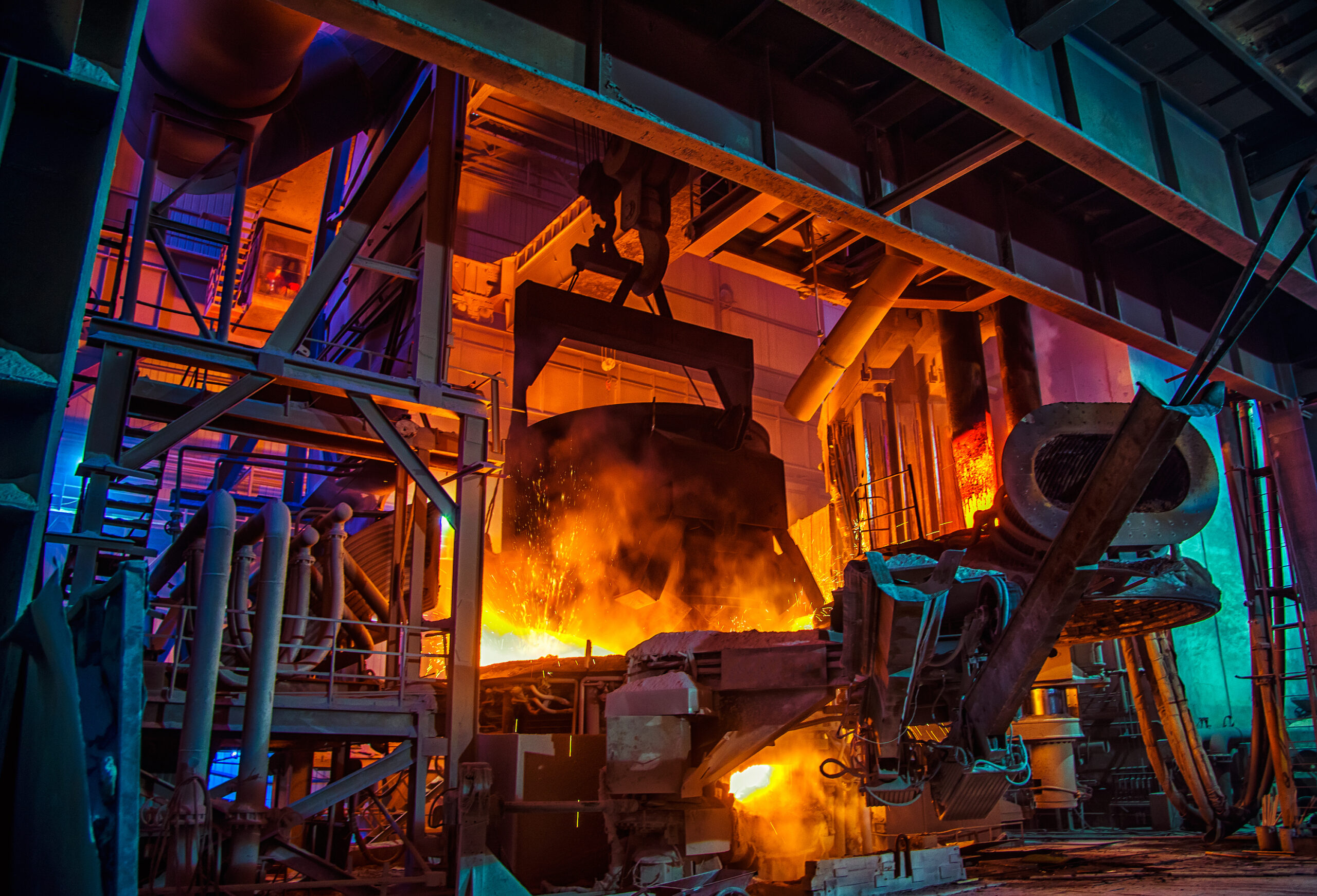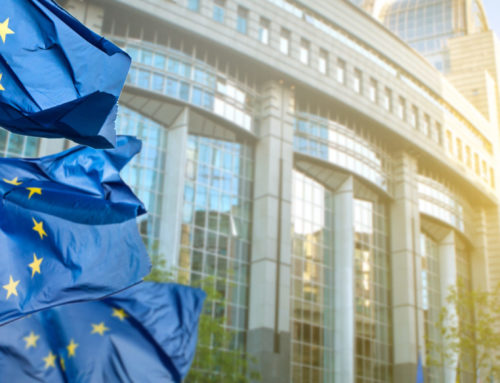Because of its coal consumption, the sector generates 7% of global GHG emissions and 11% of global CO2 emissions.
The decarbonization of the steel industry is now one of the central parameters of the sector’s strategy.
Why is the decarbonisation of the steel industry so critical?
Steel is a key sector of the global economy: it is the second most traded commodity in the world after oil. The steel market is also characterised by a production capacity that far exceeds global demand. As a result, the industry is a place of fierce competition, which has led to consolidation.
Today, several steel “giants” dominate the industry through a succession of mergers and takeovers. China, the world’s leading consumer and producer of steel, has boosted production by state-owned companies in recent years. As a result, the European Commission has introduced anti-dumping duties on imports of a range of steel products from China, to counter what it regards as unfair competition.
The impact of the steel industry is therefore considerable, including on the climate. Because of its coal consumption, the sector generates 7% of global GHG emissions and 11% of global CO2 emissions. As the largest industrial emitter of CO2, steel is a key sector for achieving climate objectives.
European regulations and rising carbon prices are calling on steelmakers to decarbonise their production. In particular, the reform of the EU Emissions Trading Scheme (ETS) will gradually put an end to the free emissions allowances enjoyed by steelmakers. At the same time, the introduction of the Carbon Border Adjustment Mechanism (CBAM) requires European companies to declare their steel imports and associated CO2 emissions. From 2026, these emissions will be subject to a border carbon tax.
Faced with this increased pressure, European steel players committed in 2020 to reducing their emissions by 30% by 2030 and by 80-95% by 2050, compared with 2018. The decarbonisation of the steel industry is now one of the central parameters of the sector’s strategy. The aim is to reduce its dependence on coal, which accounts for almost 90% of its emissions. The transformation of the steel industry is therefore a crucial step in the ecological transition: its decarbonization will have a major impact on fossil fuel consumption.
Players in the sector need to guide their investment choices, particularly when it comes to renewing their production equipment.
The provision of external financing is vital to encourage the sector’s transformation.
What decisions are the big players in the steel industry facing?
Steel is a capital-intensive industry, characterized by production overcapacity, very long-term investments and sensitivity to energy prices that put producers’ profitability under pressure.
The stakes for green steel are heightened by these particularities: decarbonising the industry calls for immediate decisions. Players in the sector have to make investment choices, particularly when it comes to renewing their production facilities. The major dilemma is whether to retain traditional blast furnaces or turn to green solutions requiring costly new technologies.
The provision of external financing is therefore vital to encourage the transformation of the sector. However, the positioning of the financial players involved is changing, and this will have a decisive impact on the steel industry.

Faced with the challenge of decarbonising the steel sector, the industry is getting organised.
How is the steel sector reacting to the need to decarbonise?
Faced with the challenge of decarbonising the steel sector, the industry is getting organised.
Given their weight in employment in developed countries, the major producers can afford to set conditions for decarbonisation. In the EU, the industry is of strategic importance: it generates 2.5 million jobs and represents added value of 135 billion euros.
The banking sector has a role to play in curbing the development of coal-fired blast furnaces and providing the necessary financing for fossil-free projects.
The NGO recommends giving priority to sectoral policies that exclude or limit the financing of coal-based steel.
The pressure of decarbonisation is weighing on traditional bank financing.
Financing the steel industry is changing.
Banks are set to withdraw from this traditional industrial sector. As a result, manufacturers are looking for other sources of financing from public budgets or from their customers.
The Reclaim Finance report pushes banks out the door.
In March 2024, the NGO Reclaim Finance published a report entitled “Steeling our future: The banks that support coal-based steel”.
This report underlines the important responsibility of banks in the transition of the steel sector. Reclaim Finance points out that the development of new technologies independent of metallurgical coal could eliminate it from steelmaking within 20 years. The banking sector therefore has a role to play in curbing the development of coal-fired blast furnaces, and providing the necessary financing for fossil-free projects.
However, green steel does not yet seem to be a priority for banks. The report shows that international banks’ commitments to steel are largely insufficient. Similarly, despite the adoption of decarbonisation targets by banks, they continue to finance projects to expand coal-based steel production capacity or extend the life of coal-based assets. Reclaim Finance therefore calls on the banking sector to take immediate action. How can we support the transformation of the sector? The NGO recommends giving priority to sectoral policies that exclude or limit the financing of coal-based steel.
In Europe, massive public support has been put in place to help finance green steel.
The energy transition will be financed by public/private partnerships and massive public support.
In Europe, massive public support has been put in place to help finance green steel.
Earlier this year, for example, the European Commission approved a €1.3 billion German state aid measure to help ArcelorMittal decarbonize its steel production. The measure will be partly financed by the Recovery and Resilience Facility (RRF), a temporary instrument of the NextGenerationEU program. This aid comes on top of a number of subsidies already approved by the Commission: Germany will therefore be releasing over €7 billion to accelerate the ecological transition of its steel industry.
In France, steel giant ArcelorMittal can also count on the support of the French government. As part of the France 2030 plan, in January 2024 the government confirmed its support for the decarbonization project at its Dunkirk site. A total of 1.8 billion euros will be invested to accelerate the transition of France’s leading steel production site, which alone accounts for 15% of the country’s industrial CO2 emissions.
About Positivéco
At Positivéco, we see new national and international CSR regulations as vectors for positive growth.
Our job: to improve the readability of your activities for better valuation.
Since 2009, we have been supporting financial institutions, public players, and listed and unlisted companies in the evaluation of their CSR policies, the production of their extra-financial reporting and the implementation of their climate investment and aid projects. Development.
Make an appointment today and find out how to meet the new requirements of economic transparency while serving the project of your company.









Contact us now!